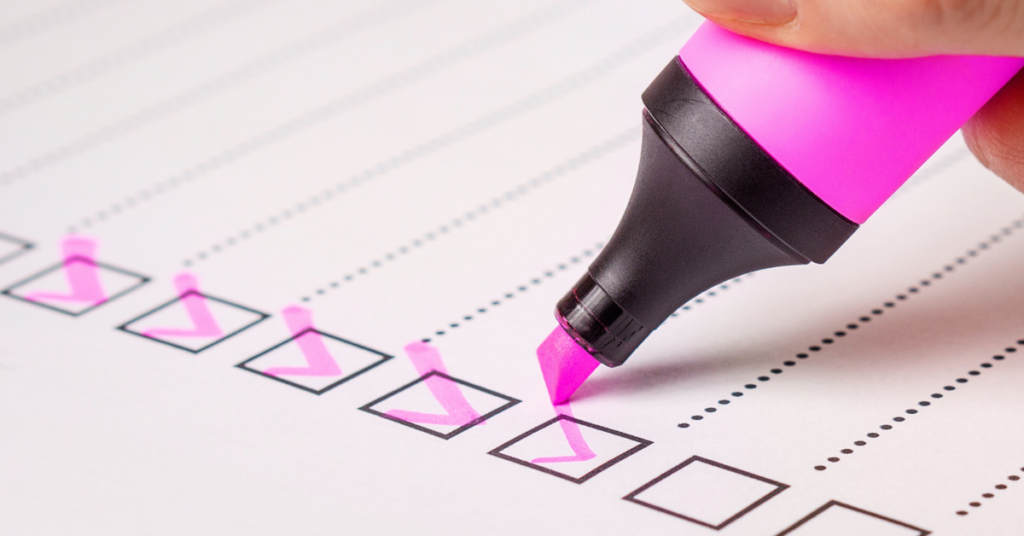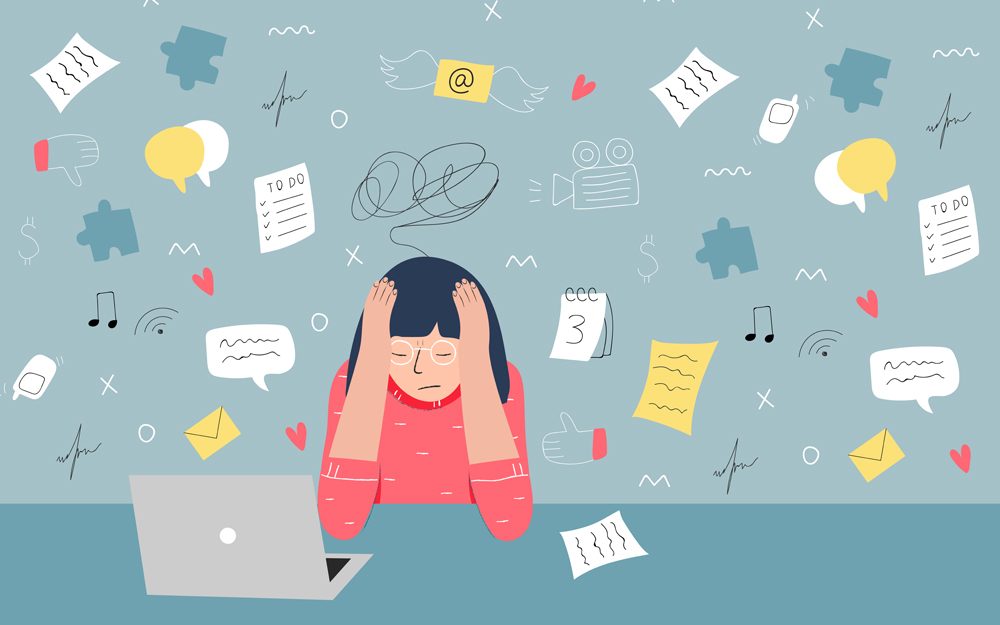This is a guest post by one of our pupils on the pros and cons of having a daily routine where they discuss the positive impact that had on them. There is some great advice here so why not read on to find out more about why having a daily routine might help you.
Ever since starting a daily routine, I feel not only more organised but happier within myself. It doesn’t have to contain a lot, even just a few simple things to do every day to keep your body and mind happy. For me it started with one simple task, every night before I go to sleep, I write in a notebook, and because I’m not arty AT ALL, I don’t do any of thoseaesthetically pleasing bullet journals that you see on Pinterest, I just write the date at the top and usually write about a page, and let your imagination take control because no one is stopping you, write whatever comes to your mind, to give you an idea I usually write about my day and my feelings, then at the end I usually countdown to something I’m looking forward too, and just not long ago I started writing quotes, songs and their lyrics that I related to that day.
Another thing I recommend is about an hour before you go to bed put your phone down (in my case I put it in a drawer) and don’t look at it till the morning, this allows you to take some time to relax before sleeping, for example read a book, watch a tv show/movie, or do an activity which you find relaxing, and one big tip here is don’t revise or study for ANYTHING before bed it will only make more stressed or worried and you will not get a good night sleep. Another thing I would recommend is try and aim to go to bed and wake up at the same time each day during the school week because if you do something repeatedlyit will become second nature to you, a trick I use is to set your alarm for about 10-15 minutes after you would like to wake up (I know that sounds odd, but it works!) over time you will be soused to waking up at the same time just by your alarm so if it is set later then you will tend to wake up before it goes off, starting your day in a better way
Every day if you can try and do something to make you happy or to forget about school or other issues you may have, whether you are sporty, arty, enjoy music etc, take some time to yourself to help you unwind and relax. It is not always for everyone but try some yoga and meditation or a simple workout, it has really helped me! Remember that there is more to life than school, careers and studying, everyone needs to take breaks and you will work better if you will, also always if you are struggling, work alongside other people and don’t be afraid to ask for help or advice on anything – which I hate, but I am learning that it is better to be safe than sorry and that you don’t need to be alone
Now on what not to do, if you decide to have daily routine don’t be too strict with yourself if you forget something one day, don’t worry about it! Also have things that you set out to do during the week that are different to the weekend but take weekends off, have a long lie, spend time with friends and family doing things you enjoy, and as you get older being able to realise that weekends might be filled with schoolwork and a mix of a lot ofother things is the reality, something I would recommend though is to everyday come home and do something school related each day whether it is doing organising, some revision, note taking or a homework task, doing something small each day makes a big difference. Something I have realised that when I come home from school, I don’t have the right mindset to do big amounts of work but at the weekend if you get up at a time that suits you either work the morning (even in your pyjamas if you want to) and have a free afternoon and a relaxing evening or vice versa, it is a good way to get you head down and get some work done.
I could go on forever about the things that have helped me, but this would be really long, but I am happy to write about anything you would be interested in reading about so if you have any suggestions, you may get in touch with Ms Mcilraith, and she can notify me, I hoped this has been helpful and thank you for reading! 🙂


